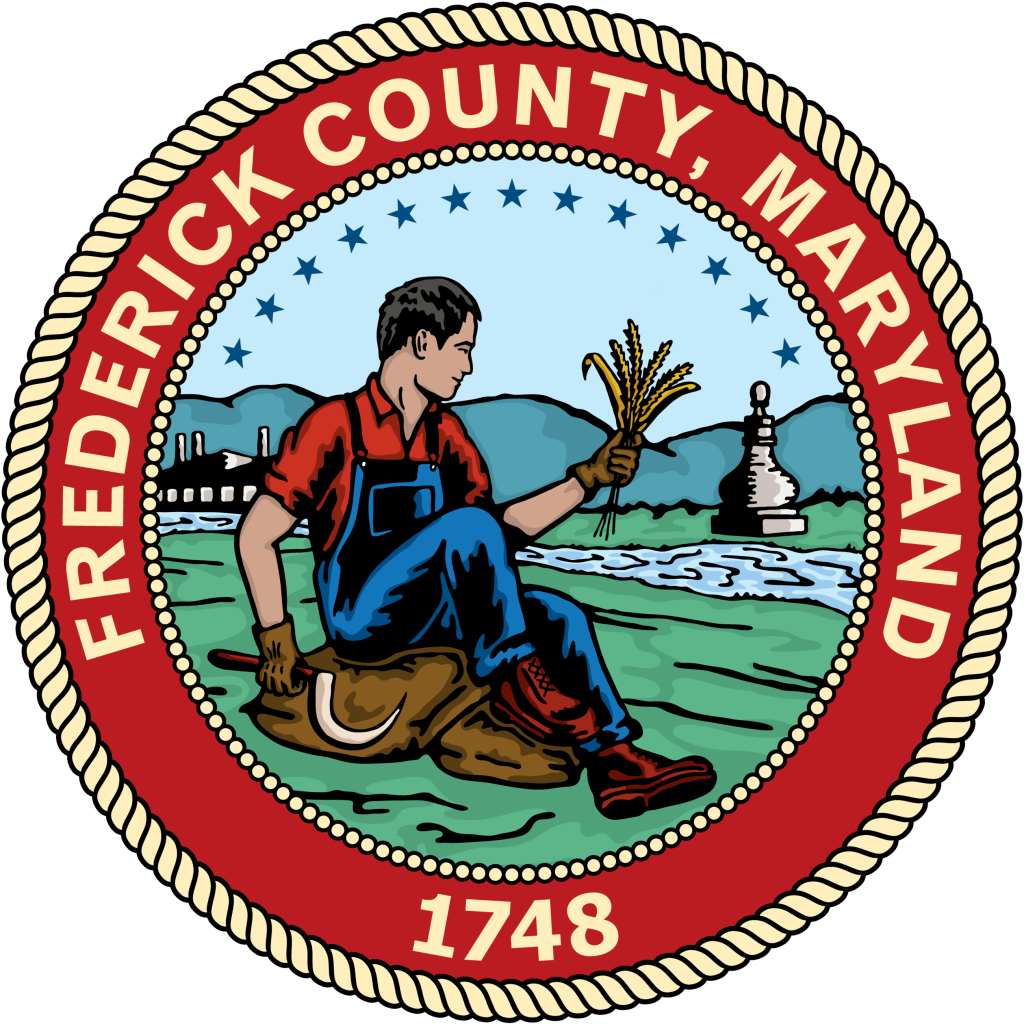The 2026 Maryland General Assembly convenes on January 14th.

Frederick, Md (KM) The process is underway in putting together a legislative package for the 2026 Maryland General Assembly which begins its 90-day session on January 14th., The Frederick County Council heard from Sarah Price, the Government Relations Associate with the County Executive’s Office. She noted that under charter government, it’s the County Executive’s job to submit a legislative package for the upcoming session.
Price said the County Council also has a role in this process. “We are requesting that County Council provide us with legislative ideas by the end of September. This deadline is to ensure that we may finalize the present the package to the state delegation by early November,” she said.
In addition to the local organizations, county boards and commissions and the County Council, Price said the public can get involved. “There will also be a town hall hosted by the County Executive on October 8th at 7:00 PM to receive public comment on the legislative package that we have put together and ensure that residents’ impact may be heard and considered before finalizing the package,” she said.
The Delegation is expected to h old a hearing on the package on December 6th at WInchester Hall beginning at 10:00 AM.
Some ideas were discussed for possible legislation during the Council meeting. Councilman Jerry Donald said last year, the County provided funding to the Other Post Employment Benefits program for retired school system employees. But the county was told it could do it sometime, but not all the time. “Would this be appropriate for the county to say to the state ‘hey, we need a law on this that says we can put this money in OPEB before we get dinged by the bond rating agencies;’ or is this something MACO is pursuing, “he asked.
Councilwoman MC Keegan-Ayer said the Maryland Association of Counties; Legislative Committee is looking at it. “They’re concerned about is that if the state determine the counties could actually fund this, they push all of if off on the counties. This is a shared expense right now,”: she said.
Another issue that came up had to do with the disabled veterans property tax credit in Maryland. Councilman Steve McKay wanted know if this should go beyond a position statement be made into legislation. “Right, now the property tax credit which was established at the state level about at five or six years ago puts a hard-coated 100-K income limitation with no ability for the local jurisdictions to modify that,”: he said.
McKay said he would like to sponsor legislation to allow municipalities and the counties to adjust that themselves.
PFAS
Funding to extend water service to three private water systems experiencing PFAS contamination is expected to come to Frederick County. The Council approved a resolution to accept this funding from the Maryland Department of the Environment’s Drinking Water State Revolving Fund for this project.
The three communities affected by the PFAS contamination are Briarcrest Apartments, the Springview Mobile Home Park and Gibert’s Mobile Home Park.
Mark Schweitzer is the Director of the County’s Division of Water and Sewer Utilities. “MDE is estimating that with the approval of the resolution,, we should be able to close on the loan im September of this year and begin construction that same month,:” he said.
A contract for the project was awarded to Mid-Atlantic Utilities in May for $1,655,277.00.
Even though it’s described as a loan, the county will not have to pay it back, says Dan Lewis, the County’s Chief Financial Officer. “We’re going to issue a bond which the state is going essentially take from us. There’s zero interest on it. And as long we comply with all of the recommendations and requirements outlined in the loan agreement, it will be forgiven after ten years,”: he says.
PFAS are a group of chemicals that have been used in manufacturing since the 1940’s. Exposures to PFAS have been linked to the risk for certain types of cancer, impact on the immune system, and developmental issues in children.
By Kevin McManus